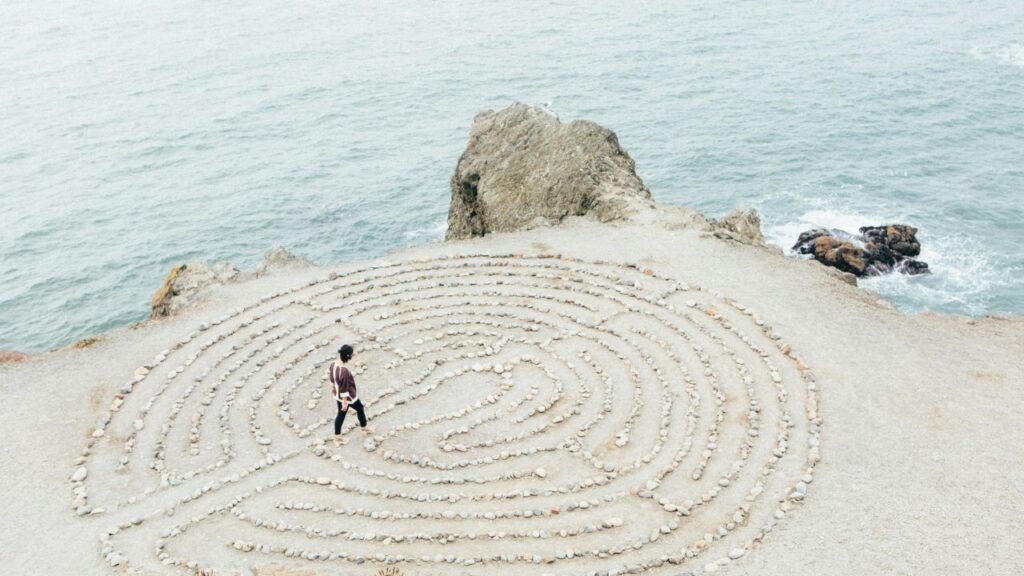One of the various psychological problems people face is different types of phobias. Sometimes we understand them, and sometimes we may not even realise we have such issues. However, thanks to the advancement of various branches of psychology, these problems can now be diagnosed quite easily.
Many people may wonder what camping or various outdoor activities have to do with such problems. In fact, there are many phobias that can easily affect your outdoor experiences.
Today, we’ll discuss some phobias and issues from our experience that can directly affect your outdoor activities. Additionally, I’ll shed light on how to address and solve these problems.
There is one important thing to know before starting. And that is: The best advice for any phobia or psychological problem is to seek treatment from a psychiatrist.
Let’s begin!
1. Acrophobia
Acrophobia is the fear of heights. When a person moves to a high place, a panic attack may start due to anxiety. In psychological terms, this condition is known as acrophobia.
In some cases, the problem is so severe that a person cannot even cross a small bridge. Such issues can occur in various high places, such as tall buildings, high mountains, and other elevated areas.
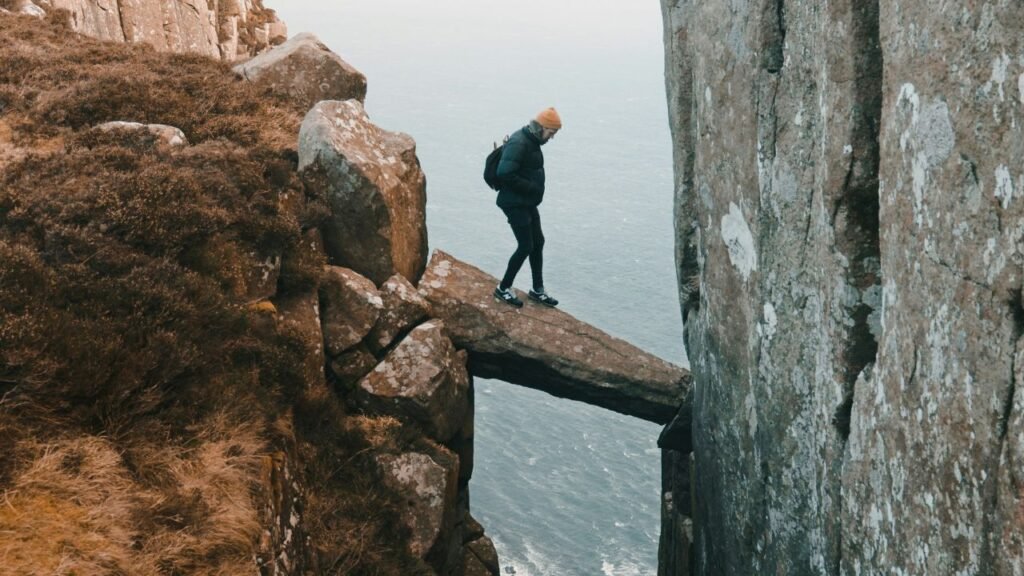
Relation in Camping: In outdoor activities, we often visit different places, including mountains. Since mountains are high places, a person with acrophobia can never visit and should not attempt to come here.
Some people may not even know that acrophobia is a condition. That’s why they didn’t pay much attention to it and went camping in the mountains, but later they started having panic attacks. In such a situation, they could face a serious problem. So, we need to understand this disease well before such issues arise.
How to Avoid: In the context of camping, it’s advisable to avoid high places such as mountains or steep hills. If you’re unaware of having this issue and experience a panic attack while camping or hiking, swiftly descend from elevated areas with the assistance of someone nearby.
2. Agoraphobia
Agoraphobia typically manifests in five distinct types: fear of getting into vehicles, fear of being in open spaces, fear of enclosed spaces, fear of standing in queues in crowds, and fear of being alone outside the house. However, fundamentally, agoraphobia revolves around the fear of being in open or secluded places.
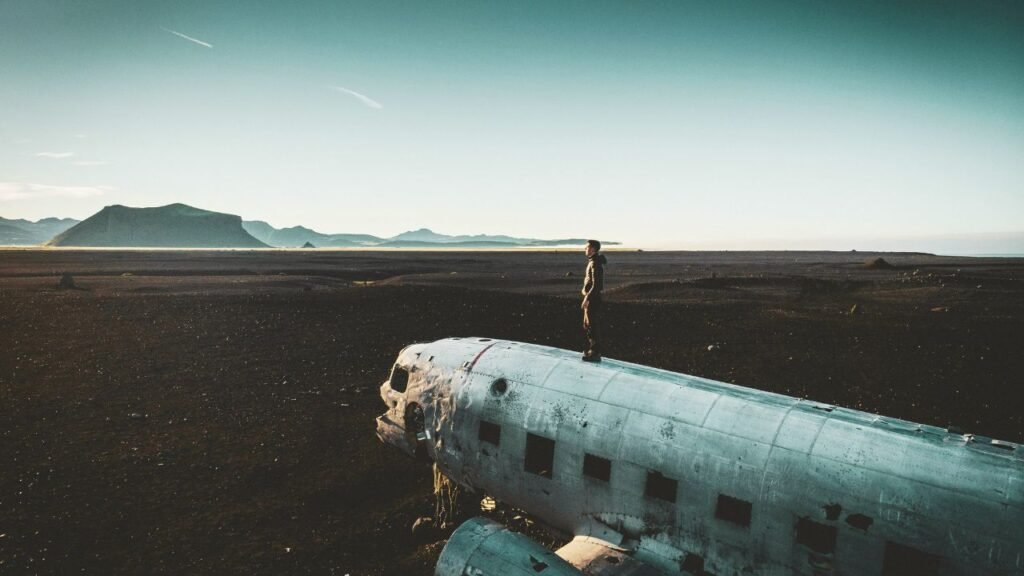
Relation in Camping: An important element of the environment in camping is the open or crowded place. So it goes without saying that open and crowded places are not ideal places for those suffering from this problem.
How to Avoid: When it comes to camping, it’s advisable to avoid any locations where such panic attacks may occur. This entails steering clear of open or secluded areas as well as crowded places.
3. Astraphobia
Astraphobia is the fear of lightning or thunderstorms. Typically, when a person is afraid of lightning in psychology, it is called Astraphobia. It has been given different names such as brontophobia, keraunophobia, and astrapophobia.
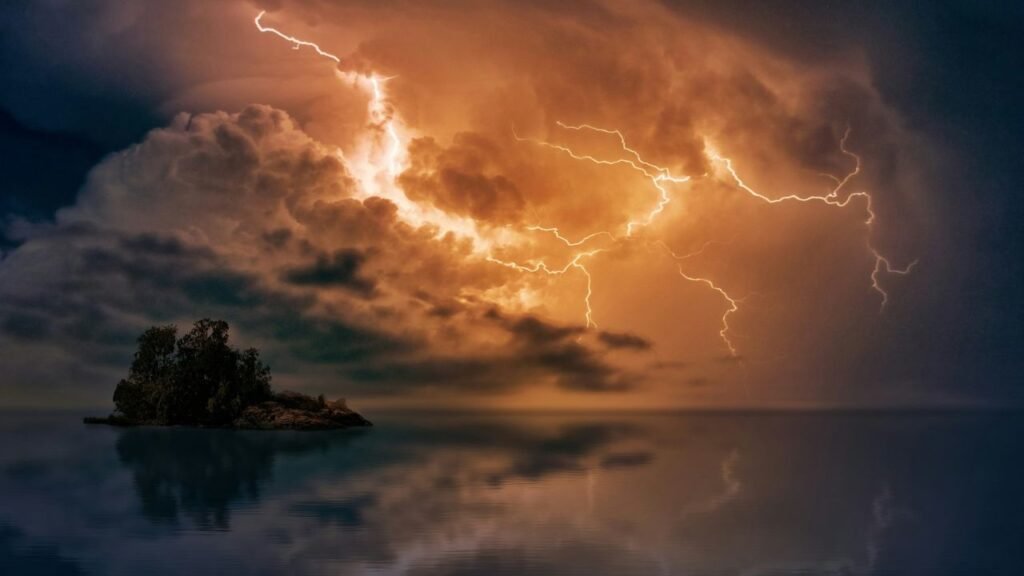
Relation of Camping: While camping, we often encounter various weather conditions, which is quite common. However, the weather we most frequently have to contend with is rain and lightning.
Therefore, it’s important to recognize that this can be a very frightening and distressing situation for someone dealing with Astraphobia.
Sometimes, rapid changes in weather can lead to sudden occurrences of rain and lightning. Panic attacks can be triggered by excessive anxiety in such situations. In such cases, it’s advisable to check the weather forecast for the camping spot in advance.
How to Avoid: In the context of camping, if you experience this issue, it’s important to check the weather forecast for the camping location in advance. Avoid camping in areas prone to rain and thunderstorms.
Typically, rainfall is higher in hilly areas, so it’s advisable to select camping spots outside of those areas.
4. Arachnophobia
Arachnophobia is the psychological term for the fear of spiders. This fear can affect both young children and adults alike.
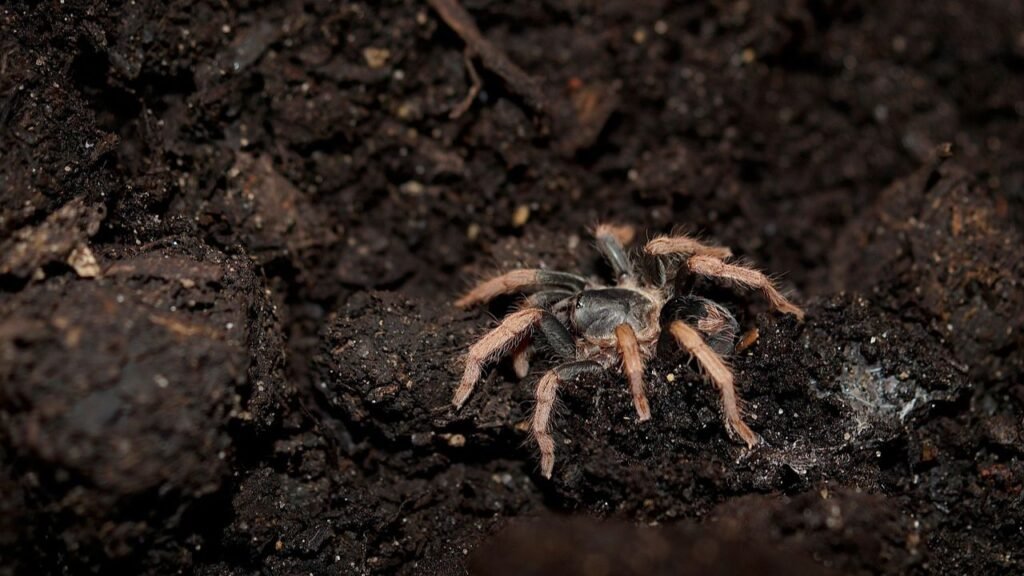
Relation of Camping: When engaging in camping or various outdoor activities, we often venture into locations surrounded by forests and diverse trees.
It’s typical for spiders to inhabit such places. For those who have never explored the jungle, it may come as a surprise that there is a wide array of spiders, ranging from small to large. For a person suffering from arachnophobia, this is a terrible thing.
I’ve personally found myself in numerous challenging situations due to this condition, ones I wouldn’t wish upon anyone.
How to Avoid: When it comes to camping, selecting a clean spot is crucial. It’s important to avoid areas with a high presence of spiders. If you’re aware of this issue, my advice is always to go camping with someone and avoid going alone. In my own experience, having people around me in such situations was immensely helpful and beneficial.
5. Achluophobia
Achluophobia is the psychological term for the intense fear of darkness. While it’s common for individuals to feel some level of fear in the dark, when this fear becomes particularly intense, it is referred to as Achluophobia.
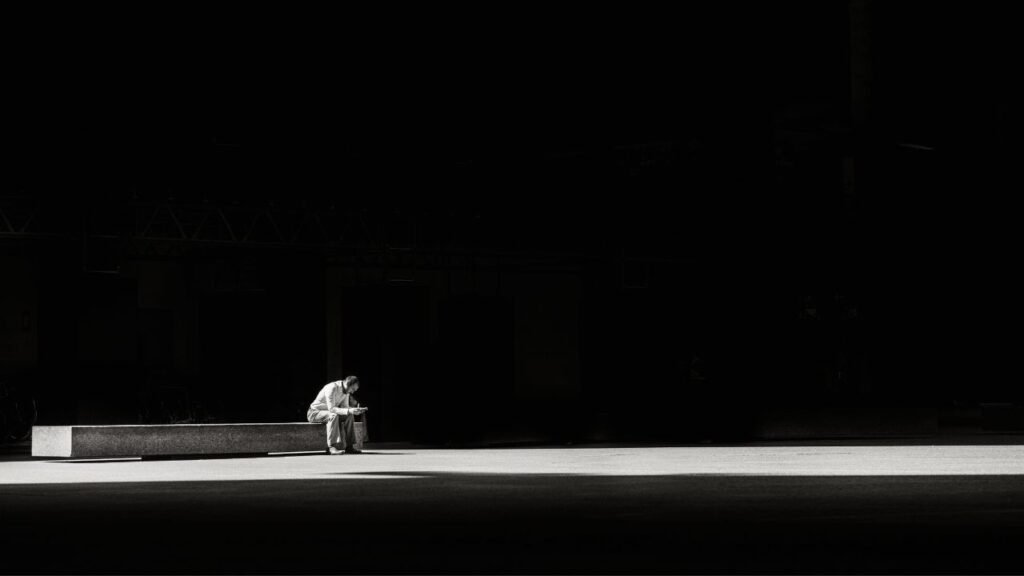
Relation of Camping: Camping is done both day and night. However, there are some differences at night depending on the camping site. The night in the city and the night in a barren forest are not the same.
The night in a barren forest, mountain, or lonely place seems to be much darker. It is normal for a person with Achluophobia to have a panic attack due to excessive anxiety. So it makes sense that Achluophobia can affect your camping trip.
How to Avoid: When it comes to camping, consider avoiding overnight stays if you have this issue. Opt for day camping instead. If you’re compelled to camp at night, avoid going alone.
Ensure you have enough light with you before heading to the camping site. And, of course, don’t forget to build a campfire.
6. Entomophobia
Entomophobia is the fear of various types of insects, including spiders. When an individual begins to fear different types of insects, it is referred to as Entomophobia.
While Entomophobia and Arachnophobia both involve fears related to creatures like spiders, they are distinct phobias and not the same.

Relation of Camping: As mentioned earlier, when engaging in camping or various outdoor activities, we often visit locations surrounded by forests and diverse trees. Consequently, insects, spiders, and other bugs are abundant in these areas.
If you’re someone who isn’t aware of this problem and encounters an unfamiliar insect at your camping spot, you may become anxious and experience a panic attack. Sometimes, this initial reaction can escalate into a more serious condition.
Indeed, it’s crucial to be cautious in such situations.
7. Ophidiophobia
Ophidiophobia is the fear of snakes. When someone experiences an intense fear of snakes, it is referred to as Ophidiophobia. Like all phobias, this condition is classified as an anxiety disorder.
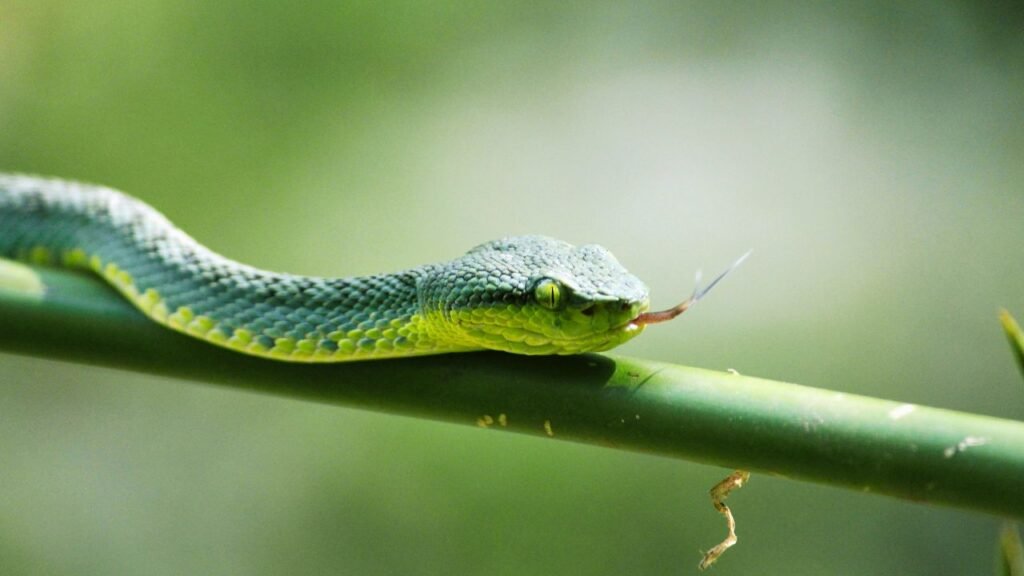
Relation of Camping: Almost all of us encounter snakes while camping; it’s a common occurrence. Many snakes are venomous, while others are non-venomous.
However, individuals with Ophidiophobia fear both types of snakes. Therefore, if you suffer from Ophidiophobia, camping may present significant challenges for you.
How to Avoid: There is a lot of research to be conducted regarding your campsite. Camping should be avoided in areas where snakes are prevalent.
Many people use carbolic acid to address snake infestations. However, in this scenario, it’s crucial to understand the proper guidelines for applying this acid. Otherwise, it could result in adverse consequences.
Additional issue
In addition to these specific phobias, there are two other issues that I believe are important to address based on my experience: asthma and allergies. Whether you’re in a forest or on a mountain, there are environmental elements that can exacerbate your allergies and asthma.

Drawing from my own experiences, I’ve encountered individuals who have faced challenges related to either asthma or allergies while camping. Unfortunately, due to a lack of awareness, some have had to abandon their camping trip and seek medical attention at a hospital.
Therefore, it’s crucial to exercise caution if you have such health issues. By being proactive and taking precautions in advance, many problems can be avoided.
In conclusion, the various psychological challenges people face, including different types of phobias, can significantly impact outdoor experiences like camping. These issues, ranging from acrophobia to ophidiophobia, can induce panic attacks and ruin what should be enjoyable adventures.
Seeking treatment from a qualified psychiatrist is paramount for addressing these phobias. Additionally, taking proactive measures, such as avoiding high-risk environments and ensuring proper lighting, can mitigate the impact of these fears during camping trips.
Moreover, it’s essential to be mindful of additional health concerns like asthma and allergies, which can also disrupt outdoor activities if not managed carefully. Ultimately, by understanding these conditions.

